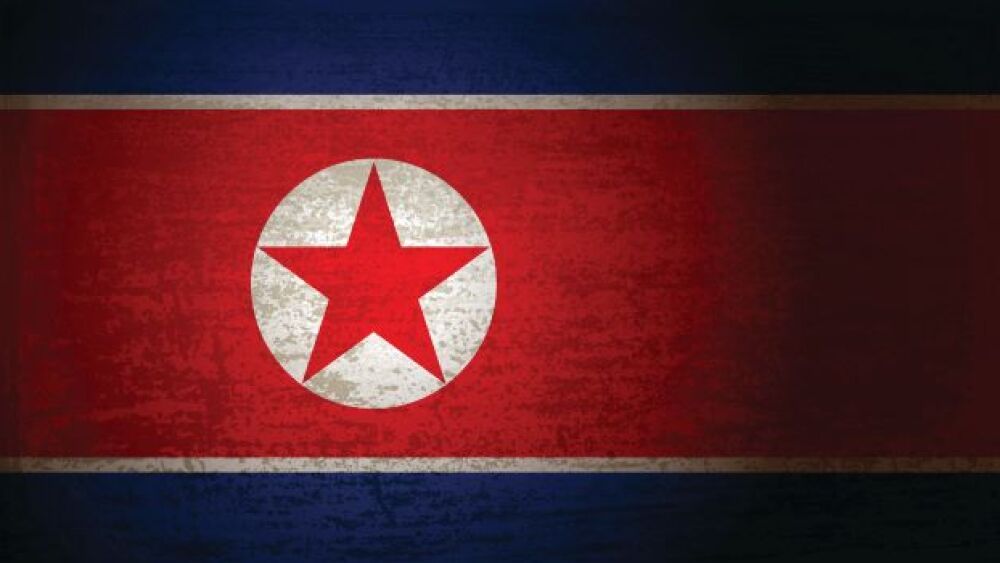Pfizer’s COVID-19 vaccine data has once again been threatened by hackers. The alleged theft of intellectual property has been laid at the feet of North Korea’s government.
Pfizer’s COVID-19 vaccine data has once again been threatened by hackers. The alleged theft of intellectual property has been laid at the feet of North Korea’s government.
According to multiple reports, South Korea’s intelligence agency first reported the latest hacking attempts. It is unclear if North Korean operatives were successful in retrieving any data from Pfizer facilities located in Asia. Also unclear is the timeline of when this alleged hacking occurred.
South Korean politician Ha Tae-keung, who is an opposition member of the parliamentary intelligence panel, was the one who made the announcement to news agencies in that country, Reuters reported.
“There were attempts to steal COVID vaccine and treatment technology during cyber-attacks and Pfizer was hacked,” he said, according to the report.
Pfizer’s offices in Asia and South Korea have not made any comment about the claims from the South Korean government.
Cyberattacks are becoming an increasingly serious problem for the pharmaceutical industry, particularly for those companies developing vaccines and therapies for COVID-19.
This certainly isn’t the first time North Korea has been implicated in hacking allegations. In December, AstraZeneca was attacked by hackers who attempted to gain COVID-19 research. A North Korean hacking collective known as Kimsuky was thought to be behind the attack.
In addition to COVID-19 research, Kimsuky has also attempted to steal national security data. AstraZeneca was not the sole target of that attack. Life sciences giant Johnson & Johnson and Maryland-based Novavax, both of which are developing vaccines against COVID-19, were also targeted. Three South Korean pharma companies, Genexine, Inc., Shin Poong Pharmaceutical Co. and Celltrion Healthcare, were also targets of the scheme.
Also in December, the European Medicines Agency said its server was breached by hackers who accessed documents related to the COVID-19 vaccine developed by Pfizer and BioNTech. Hackers gained access to some documents relating to the regulatory submission for Pfizer and BioNTech’s COVID-19 vaccine candidate, BNT162b2, which has been authorized for use in Europe, as well as in the United States and other countries.
North Korea is certainly not the only country to have been implicated in the hacking of life sciences data. In July, the U.S. Department of Justice indicted two Chinese hackers for attempting to steal trade secrets, including COVID-19 research from pharma companies. Li Xiaoyu and Dong Jiazhi were charged with probing networks for vulnerabilities in an attempt to steal vaccine research.
In 2019, the federal National Counterintelligence and Security Center (NCSC) pegged biotechnology as a rich target for foreign hackers. According to the report, “biomaterials, biopharmaceuticals and new vaccines and drugs as of particular interest” to foreign hackers. Additionally, the government report said hackers are interested in garnering information on advanced medical devices, infectious disease treatment and genetically modified organisms.





